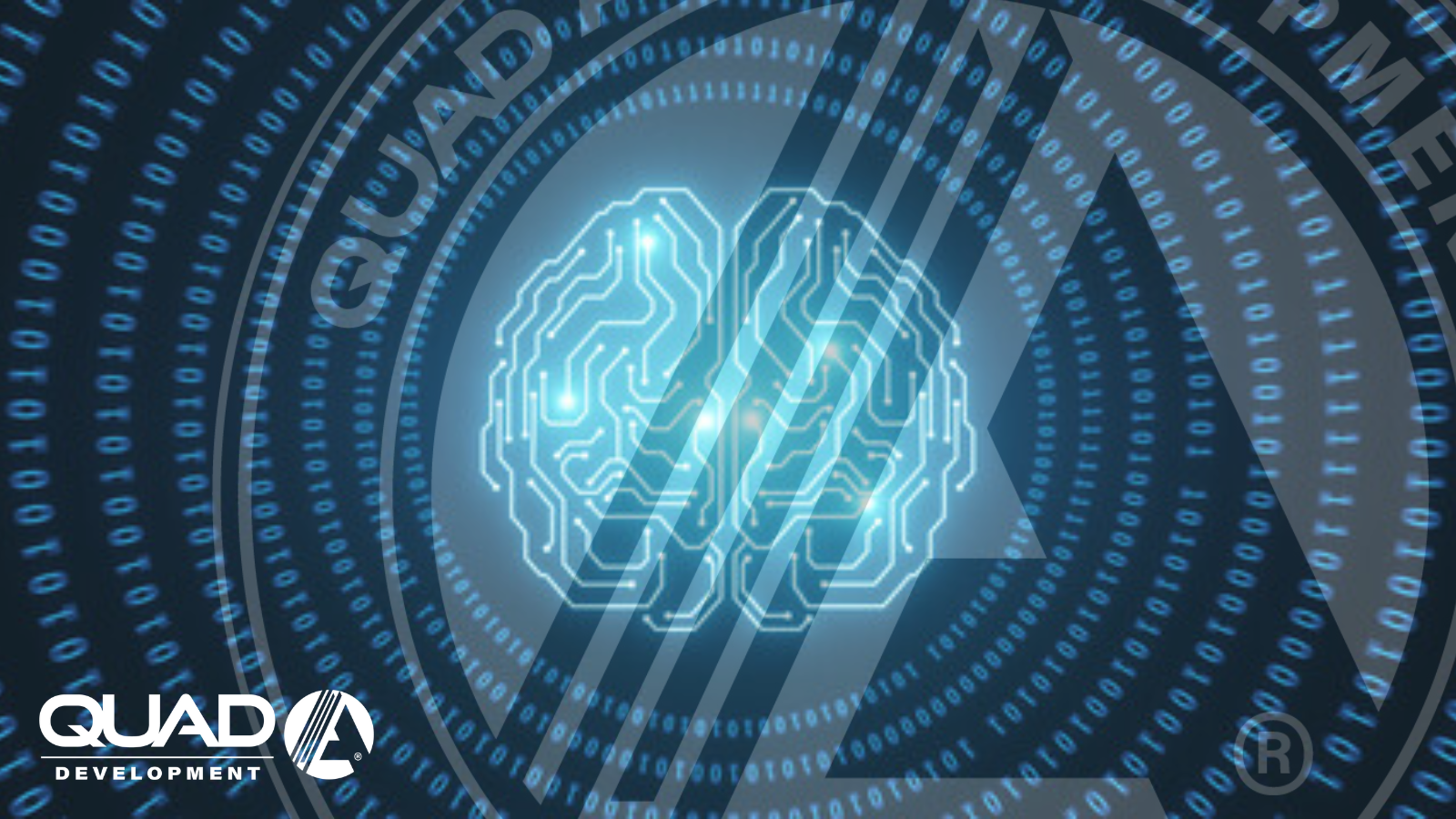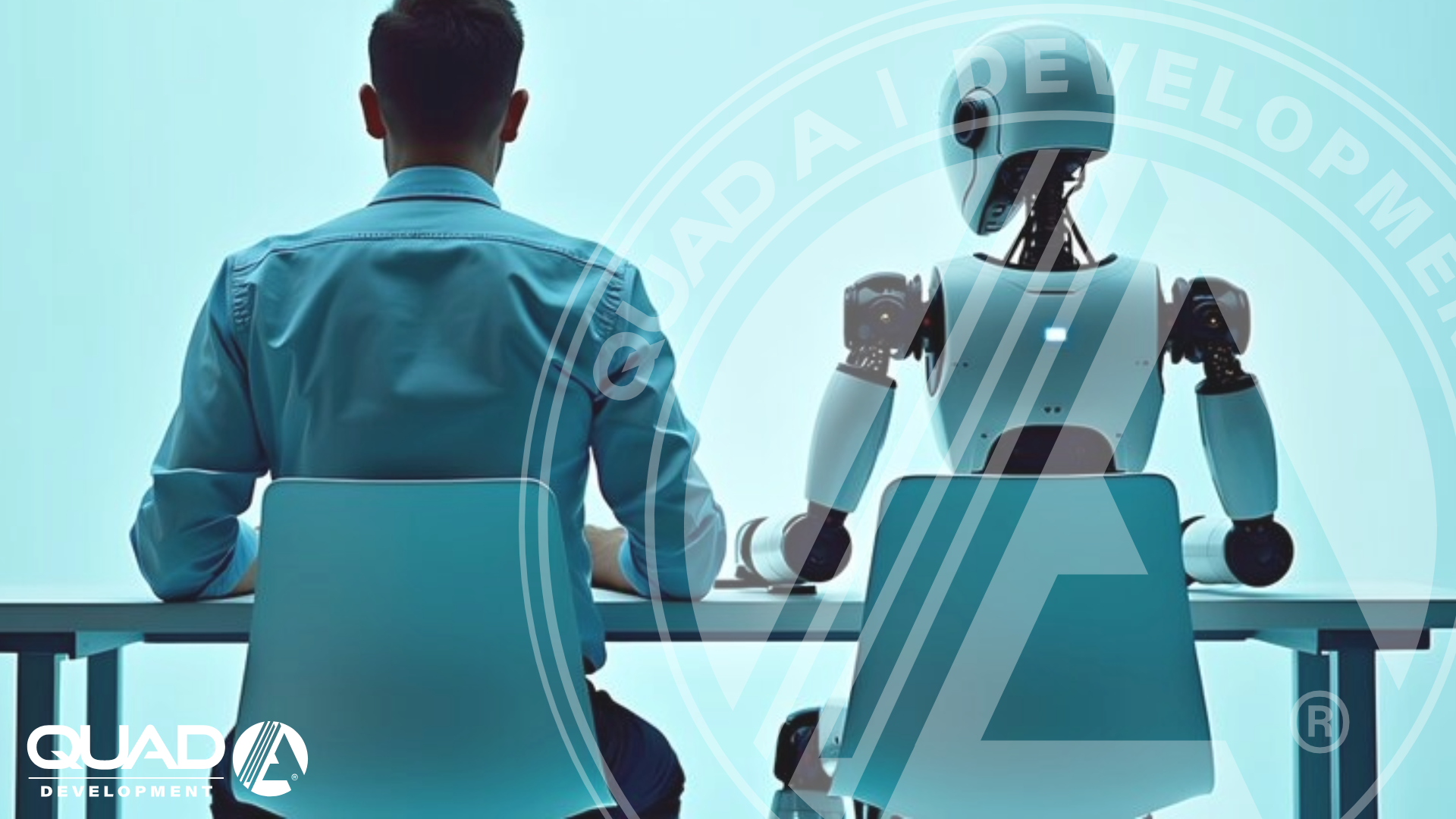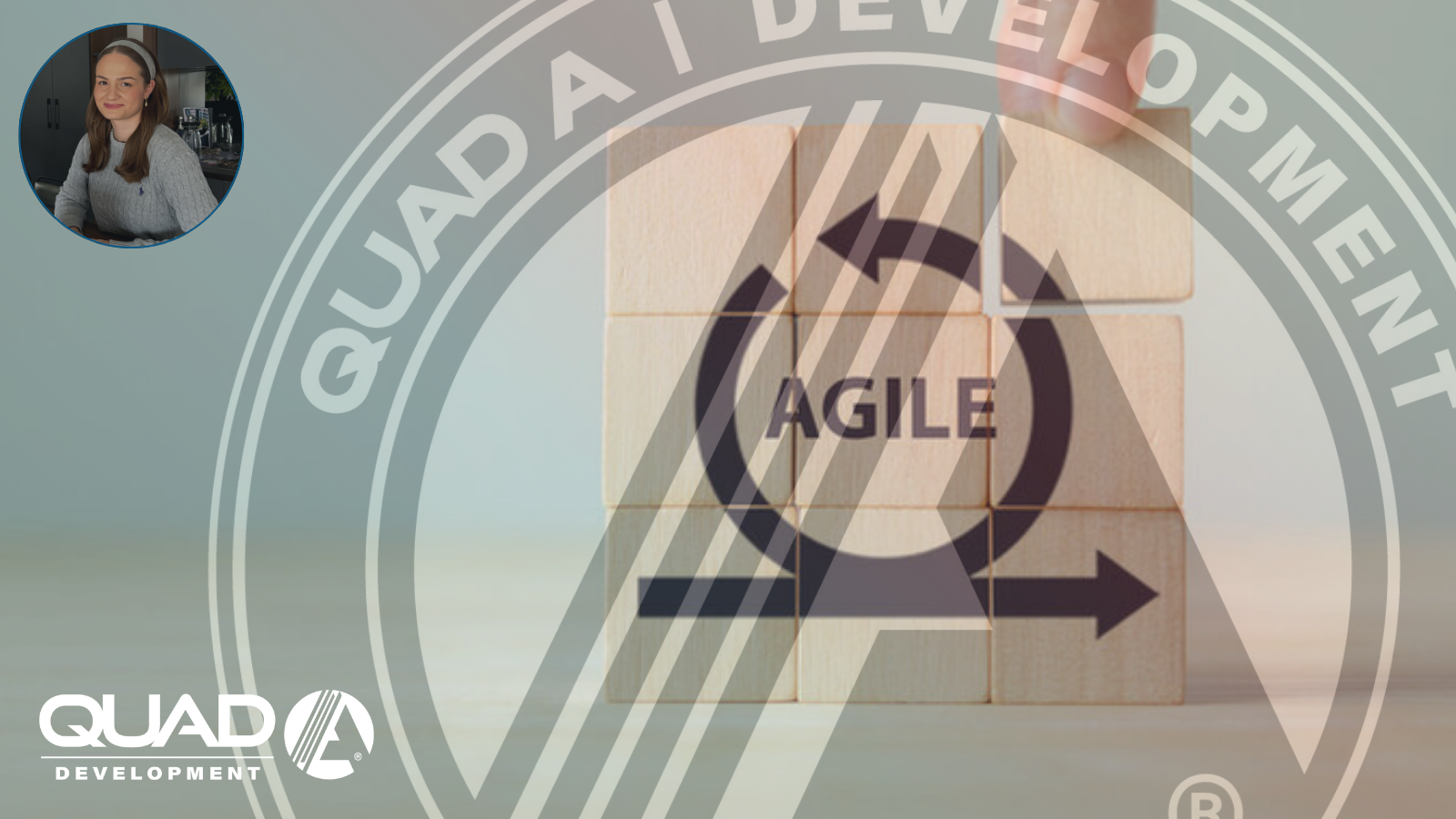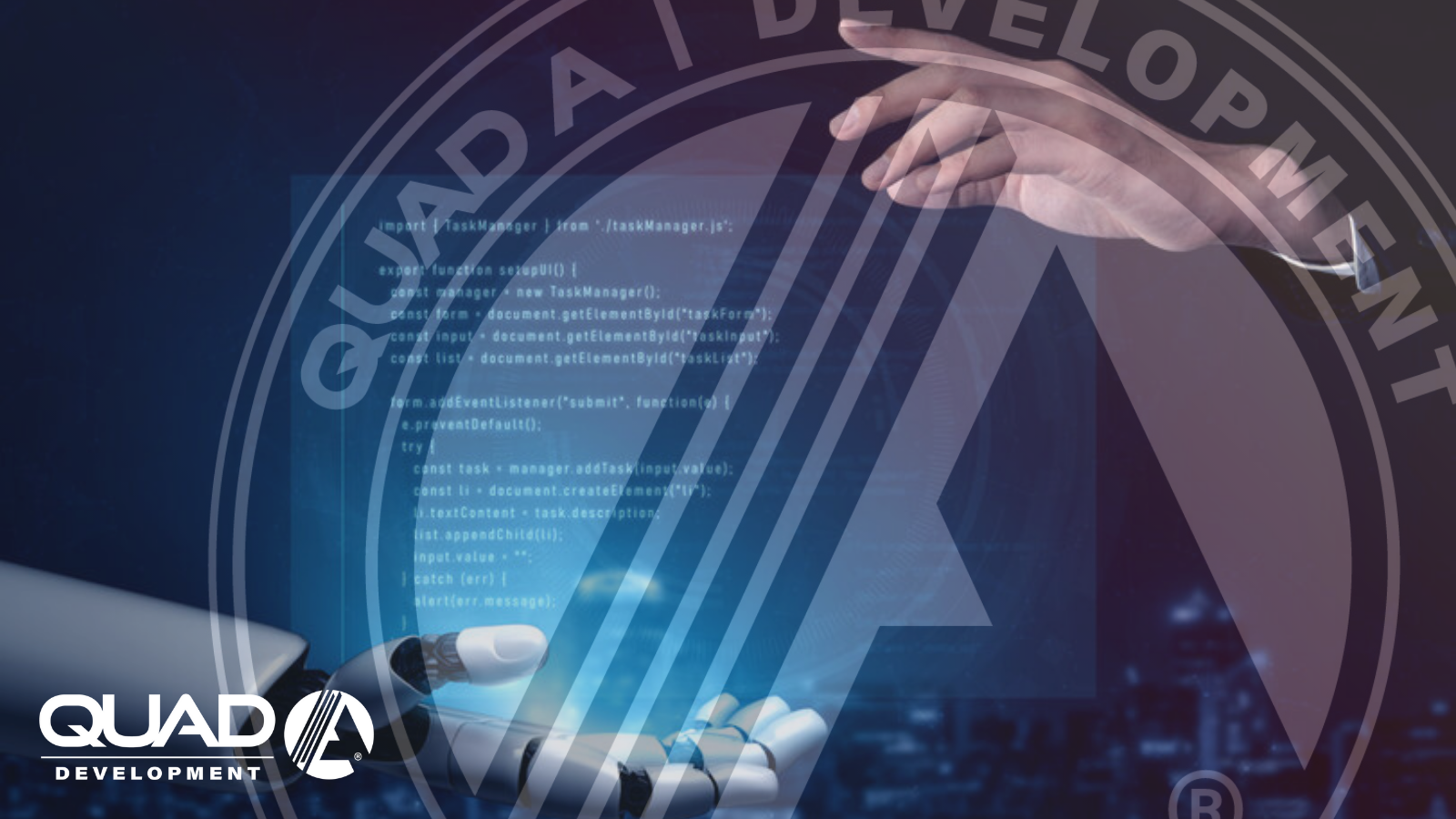By: Bill Terranova
Edited by: Qëndrim Demiraj
Technical Team Lead, QUAD A Development
In a world where software development cycles are rapidly shortening, innovation is a necessity. OpenAI’s AI-powered coding assistant, Codex, is now fully integrated into ChatGPT. Designed to help developers streamline workflows, Codex is a reimagining of how we interact with code.
Whether you’re a full-stack engineer or a non-technical product lead, Codex helps you move from idea to implementation faster by translating natural-language instructions into functional code. From scaffolding APIs to explaining complex algorithms, Codex is becoming a critical tool in modern development environments.
Codex is powered by GPT-4, OpenAI’s most advanced large language model to date. It builds upon the foundation of its predecessors, such as GPT-3.5 and the original Codex API, to offer a more reliable and interactive development experience. It supports more than a dozen programming languages, including Python, JavaScript, Go, and SQL, and can generate, explain, debug, or refactor code in real-time.
It performs especially well inside ChatGPT’s “Code Interpreter” environment (also called Advanced Data Analysis), where it can remember your previous requests and answers, allowing you to work through tasks step by step without starting over each time. This is ideal for tackling iterative tasks like data transformation, simulation, or interactive debugging.
Codex addresses several long-standing pain points in software development:
- Accelerated Development Cycles
Developers can use plain-English prompts to build out entire modules. Whether it’s a CRUD app, a REST API, or a data pipeline, this function facilitates faster MVP launches and reduced time-to-market. - Lower Barriers for Non-Engineers
Codex enables professionals, such as data analysts and product managers, to create working prototypes without requiring a full command of programming syntax, offering expanded access to code. - Enhanced Code Quality and Security
With the right prompt structure, Codex adheres to common style guides and can flag security risks like SQL injection or insecure patterns. - Context-Aware Collaboration
Codex’s contextual memory, especially in ChatGPT Pro, allows developers to build and revise within an ongoing dialogue, much like programming with an expert at your side.
At Quad A Development, we’ve embraced Codex as part of our innovation toolkit. We integrate it into client projects in two major ways:
- Tailored AI Coding Workshops
Our team hosts live coding sessions to teach clients how to harness Codex through real-time prompting and debugging, making them more self-sufficient and efficient. - DevOps Integration
For clients already using CI/CD platforms like GitHub Actions or Jenkins, we embed Codex-driven bots to automate code reviews, generate test scripts, and document new pull requests.
These integrations help our clients go from concept to deployment significantly faster, often reducing delivery times from months to weeks, and in many cases, reducing bottom-line costs.
Codex’s capabilities go beyond traditional code completion tools. From Python and TypeScript to Terraform and SQL, Codex adapts to your stack, and developers can prompt Codex to highlight encryption needs or unsafe practices. As previously noted, it also remembers lines of code, making multi-step interactions seamless and logical. As AI coding tools continue to evolve, Codex stands out as a transformative tool for teams developing software into the future.
With competitors like GitHub Copilot (powered by Codex) and emerging AI IDEs entering the market, it’s clear that AI-enhanced development is the new standard. The goal of Codex is to be the driving force pushing this standard forward. Integrating tools like Codex, development teams are setting a new pace of innovation.
Source Links



